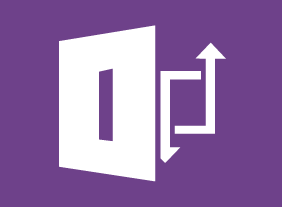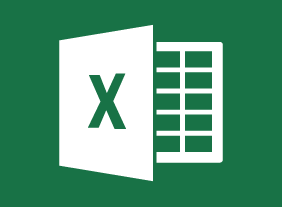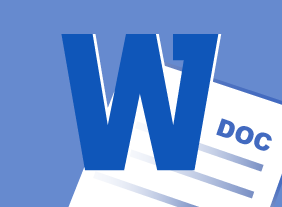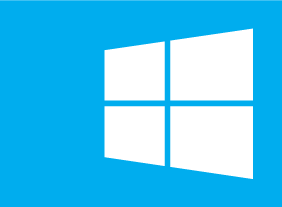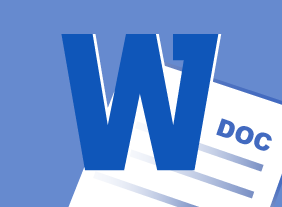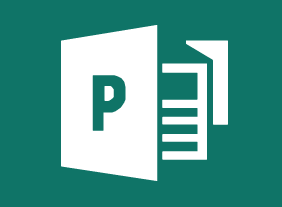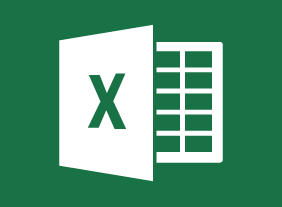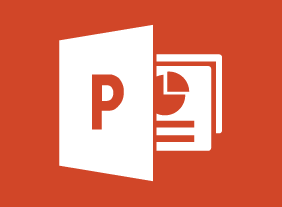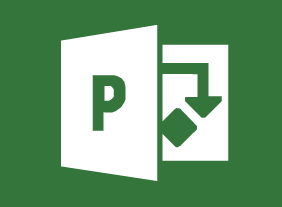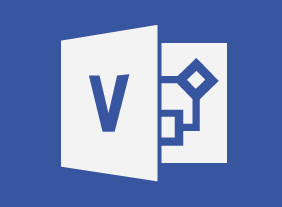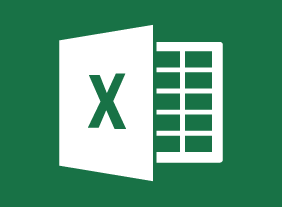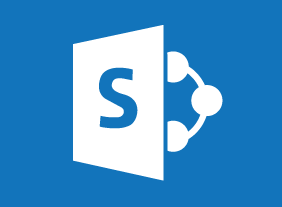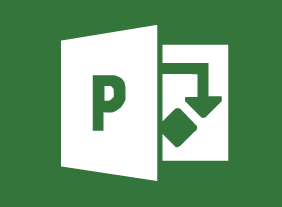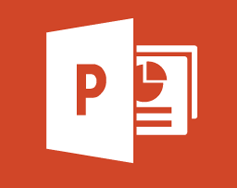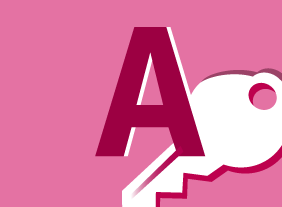-
Building a Consulting Business
$99.00This course will guide you along your journey to starting your own consulting business. It will take a look at important components such as business plans and marketing plans while touching on networking and important documents you need to consider. -
Skills You Need for Workplace Success
$99.00Upon completing this course, you are going to know approaches to be an effective team member, how it feels to experience change and ways to be flexible in times of change and to approach problem solving. You will also identify tips to giving and receiving feedback, learn ways to recognize self-confident behaviors in the workplace and learn a three-step process to building self-confidence. -
Getting Stuff Done: Personal Development Boot Camp
$99.00To start this course, youll explore what personal efficiency is all about, as well as useful attitudes and skills that you might want to develop. Then, youll outline your vision statement, dreams, and goals. Next, youll learn about the 80/20 system, what characteristics your organizational system should have, how to design a functional workspace, and techniques for organizing your daily to-do items. Youll also learn how to set up and maintain information management systems (both physical and virtual), prioritize tasks, create routines, and tackle procrastination. Finally, youll learn how to get organized at home. -
Microsoft Excel Online: Formatting a Worksheet
$99.00In this course you will learn how to format text and cells, align cell contents, use Find & Select tools, and apply conditional formatting. -
Motivation Training: Motivating Your Workforce
$99.00To start this course, you will learn about some basic motivation theories. You will also learn about setting goals, identifying values, and ways to create a motivational climate. -
Fostering Innovation
$99.00At the end of this course, you will be able to understand what fostering innovation means , learn what an innovative workplace looks like, determine how you can help create an innovative workplace environment, understand your role in helping to foster innovation, know what happens in the workplace when you help foster innovation, and describe ways that innovation can help your company.

